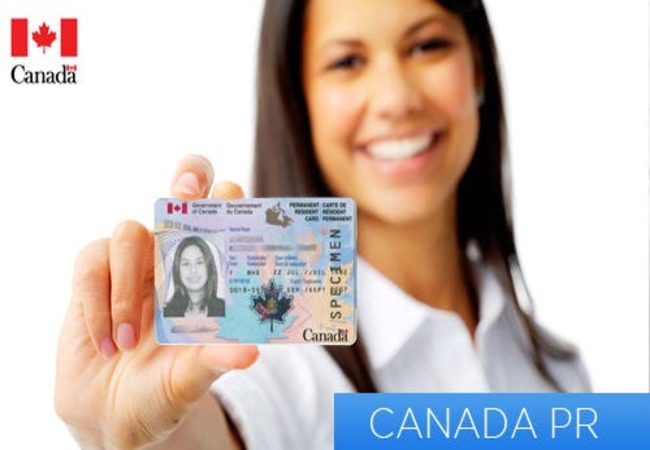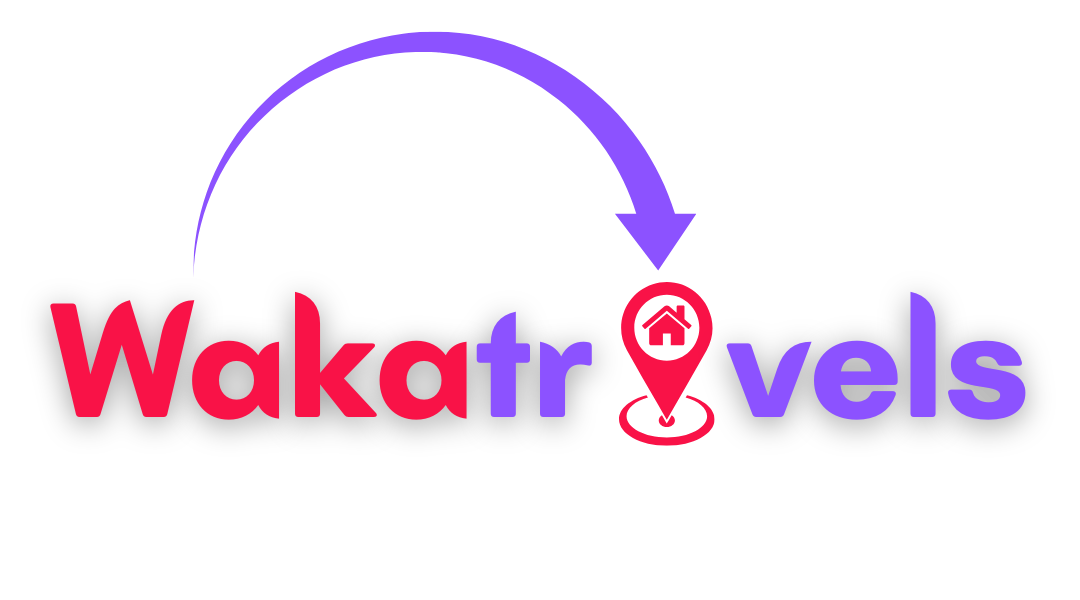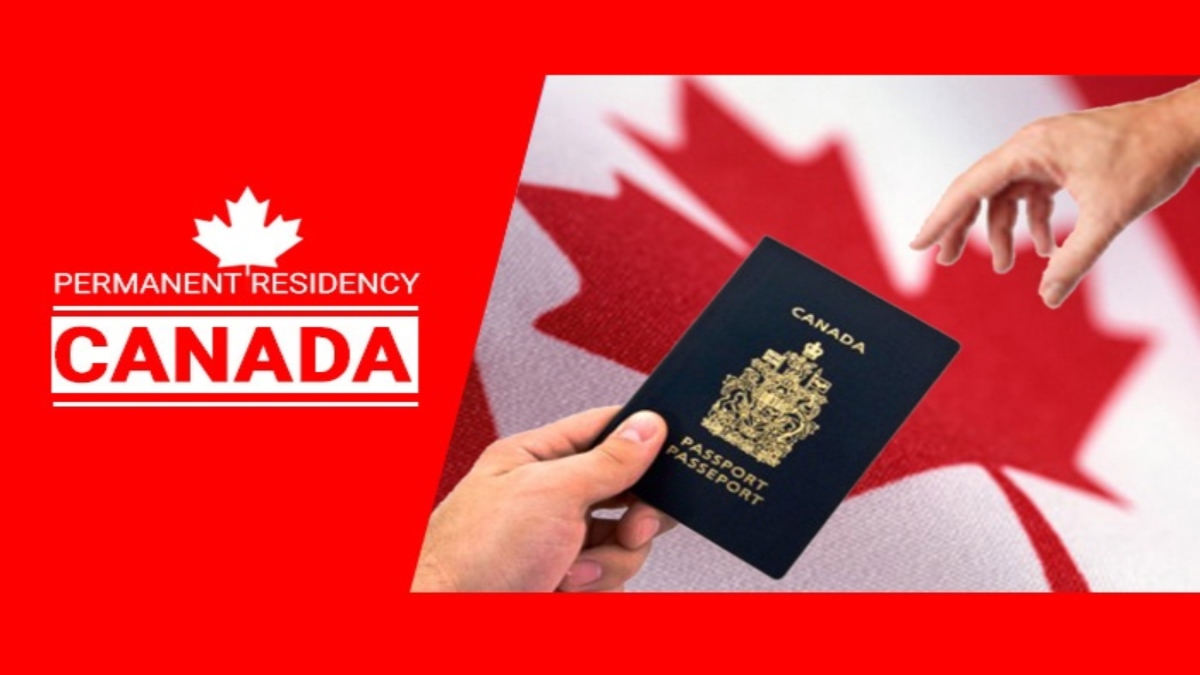Ways to Get Canada Residency in 2025: A Comprehensive Guide for Nigerians
Picture this: You’re standing at the edge of Lake Ontario, watching the sunset paint Toronto’s skyline in hues of orange and purple. As a permanent resident of Canada, this could be your everyday reality. The Maple Leaf Country continues to welcome immigrants with open arms, and for Nigerians looking for greener pastures, Canada offers some of the most accessible pathways to residency in 2025.
I’ve been researching immigration options for years, and let me tell you – Canada’s immigration system has evolved significantly. With new pilot programs launching and traditional pathways becoming more streamlined, there’s never been a better time for Nigerians to pursue Canadian residency.
In this guide, I’ll walk you through everything you need to know about securing that coveted permanent residency status in Canada. From Express Entry to Provincial Nominee Programs, family sponsorship to business immigration – we’ll cover it all. Let’s dive in!

Main Pathways to Canadian Residency in 2025
Express Entry System: The Fast Track Option
The Express Entry system remains Canada’s flagship immigration program in 2025. It’s a points-based system that evaluates candidates on factors like age, education, work experience, and language proficiency. The higher your Comprehensive Ranking System (CRS) score, the better your chances of receiving an invitation to apply for permanent residency.
For Nigerians, Express Entry offers three programs:
- Federal Skilled Worker Program (FSWP): Perfect for professionals with work experience in skilled occupations
- Federal Skilled Trades Program (FSTP): Ideal for those with qualifications in trades like electricians, plumbers, and welders
- Canadian Experience Class (CEC): For people who have already worked in Canada
The beauty of Express Entry is its efficiency – successful applicants can receive permanent residency in as little as six months! However, competition is fierce, so having a strong CRS score is crucial.
Provincial Nominee Programs (PNPs): The Provincial Advantage
If Express Entry seems competitive, Provincial Nominee Programs might be your golden ticket. Each Canadian province (except Quebec, which has its own immigration system) runs PNPs tailored to their specific labor market needs.
When a province nominates you, you basically hit the immigration jackpot – a nomination adds a whopping 600 points to your CRS score, practically guaranteeing an invitation to apply for permanent residency.
For Nigerians, some of the most accessible PNPs include:
- Ontario Immigrant Nominee Program (OINP): Perfect for tech professionals
- Alberta Advantage Immigration Program (AAIP): Great for those in energy sector
- Manitoba Provincial Nominee Program (MPNP): Especially welcoming to those with connections to the province
“The Provincial Nominee Program transformed my immigration journey,” says Adebayo, a Nigerian engineer who moved to Saskatchewan in 2024. “I had been in the Express Entry pool for months with no invitation, but once Saskatchewan nominated me, I received my PR within four months.”
Family Sponsorship: The Bond of Family
Do you have a spouse, parent, or child who’s already a Canadian citizen or permanent resident? If so, family sponsorship might be your simplest path to Canadian residency.
Family sponsorship programs allow Canadian citizens and permanent residents to sponsor their loved ones. The sponsor must meet certain income requirements and sign an undertaking to financially support the sponsored relative for a specific period.
The processing times for family sponsorship applications vary depending on the relationship:
| Relationship | Approximate Processing Time |
| Spouse/Partner | 12-16 months |
| Dependent Children | 12-24 months |
| Parents/Grandparents | 20-24+ months |
Keep in mind that the Parents and Grandparents Program operates on a lottery system due to high demand. It’s competitive, but definitely worth a shot if you’re eligible.
Study-to-PR Pathway: Education as a Gateway
Want to experience Canada before committing to permanent residency? Studying in Canada is one of the smartest routes to eventual PR status. Here’s how it typically works:
- Get accepted to a Designated Learning Institution in Canada
- Complete your studies and earn a Canadian credential
- Apply for a Post-Graduation Work Permit (PGWP)
- Gain Canadian work experience
- Apply for permanent residency through Canadian Experience Class or a PNP
This pathway is incredibly popular among Nigerians because it allows you to integrate into Canadian society gradually while building credentials that make your PR application stronger.
Business Immigration: For the Entrepreneurs
Got an innovative business idea or substantial investment capital? Canada has several business immigration programs designed for entrepreneurs and investors:
- Start-Up Visa Program: For entrepreneurs with innovative business ideas backed by designated Canadian investors
- Self-Employed Persons Program: For those who can contribute culturally or athletically to Canada
- Provincial business immigration streams: Many provinces have their own programs for entrepreneurs
These programs typically require higher financial thresholds but can be worth exploring if you have entrepreneurial aspirations.
New Residency Pathways Introduced in 2025
Canada’s immigration landscape is constantly evolving, and 2025 has introduced several exciting new pathways:
Enhanced Caregiver Pilot Program
This revamped program offers accelerated pathways to permanent residency for caregivers. Unlike previous caregiver programs, the Enhanced Caregiver Pilot allows applicants to come to Canada with open work permits and brings faster processing times for PR applications.
Rural Community Immigration Pilot
With many rural Canadian communities facing labor shortages and population decline, this pilot program aims to attract newcomers to smaller towns. It offers simplified pathways to PR for those willing to settle in designated rural communities. For Nigerians tired of urban congestion, this program offers an attractive alternative with a lower cost of living and a tight-knit community feel.
Francophone Community Immigration Pilot
If you speak French, this pilot program could be your express ticket to Canada. Designed to boost francophone immigration outside Quebec, it offers accelerated processing and reduced requirements for French-speaking applicants.
Manitoba’s West Central Immigration Initiative
This regional program focuses specifically on Manitoba’s west central region, offering nominated positions to immigrants with skills needed in the area. It’s particularly accessible for those with backgrounds in agriculture, manufacturing, and healthcare.
Key Factors Affecting Your Canadian Residency Application
Language Proficiency: Speak the Talk
Let me be absolutely clear – your English or French language proficiency can make or break your Canadian immigration application. Most pathways require proof of language skills through standardized tests like IELTS, CELPIP (for English), or TEF, TCF (for French).
For Express Entry, aim for Canadian Language Benchmark (CLB) 9 or higher in all skills (reading, writing, speaking, listening) to maximize your points. For PNPs, requirements vary, but they typically seek CLB 7.
I can’t stress this enough – invest time and resources in improving your language skills before taking the test. It’s one of the few factors entirely within your control.
Proof of Funds: Show Me the Money
Unless you’re being sponsored by a family or have a valid job offer, you’ll need to prove you have enough money to support yourself and your family after landing in Canada. The required amount depends on your family size:
| Family Size | Required Funds (2025) |
| 1 person | CAD $15,000 |
| 2 people | CAD $20,000 |
| 3 people | CAD $25,000 |
| 4 people | CAD $30,000 |
| Each additional family member | CAD $5,000 |
These funds must be readily available and documented through bank statements or investment certificates.
Medical Examination and Police Clearance: Health and Character
All PR applicants must pass medical examinations conducted by panel physicians approved by Immigration, Refugees and Citizenship Canada (IRCC). You’ll also need police clearance certificates from every country where you’ve lived for six months or more since turning 18.
For Nigerians, obtaining a police clearance certificate typically involves going through the Nigeria Police Force and can take several weeks, so plan accordingly.
Top Canadian Destinations for New Residents
The city you choose to settle in can significantly impact your Canadian experience. Here are some top destinations to consider:
Toronto, Ontario
As Canada’s largest city, Toronto offers countless job opportunities, especially in finance, tech, and healthcare. It’s home to vibrant Nigerian communities, making the transition easier. However, be prepared for higher living costs and competitive housing markets.
Vancouver, British Columbia
Vancouver consistently ranks among the world’s most livable cities. With its mild climate, stunning nature, and thriving tech industry, it’s popular among skilled workers. Like Toronto, expect high housing costs.
Calgary, Alberta
With its strong economy driven by energy sectors and no provincial sales tax, Calgary offers an attractive combination of job opportunities and affordability. It’s particularly welcoming through Alberta’s PNP streams.
Montreal, Quebec
If you speak French or are willing to learn, Montreal offers the perfect blend of European charm and North American efficiency. It’s more affordable than Toronto or Vancouver and has a thriving arts scene.
Winnipeg, Manitoba
Often overlooked, Winnipeg offers an excellent balance of urban amenities and affordability. Manitoba’s immigration programs are among the most accessible, and the city has embraced immigrants through initiatives like Manitoba’s West Central Immigration Initiative.
Benefits of Becoming a Canadian Permanent Resident
Securing Canadian permanent residency comes with numerous advantages:
Healthcare Access
Canada’s universal healthcare system provides essential medical services at little to no direct cost to permanent residents. After a short waiting period (varies by province), you’ll receive a health card granting access to doctors, specialists, and hospitals.
Education Opportunities
As a permanent resident, you’ll pay the same tuition rates as Canadian citizens at educational institutions. Your children can attend public schools for free, and you’ll have access to scholarships and student loans.
Work Freedom
Unlike temporary residents, permanent residents can work for any employer in Canada without needing a work permit. You can also start a business or be self-employed.
Social Benefits
Permanent residents qualify for most social benefits Canadians receive, including the Canada Child Benefit, Old Age Security, and employment insurance.
Path to Citizenship
After physically residing in Canada for at least 1,095 days (approximately three years) within a five-year period, permanent residents can apply for Canadian citizenship.
Residency Obligations: Keeping Your PR Status
Once you become a permanent resident, you must fulfill certain obligations to maintain your status:
The primary requirement is to be physically present in Canada for at least 730 days (two years) within a five-year period. These days don’t have to be continuous.
Time spent outside Canada may count toward your residency obligation if you’re:
- Accompanying a Canadian citizen spouse or common-law partner
- Working abroad for a Canadian business
- Accompanying a permanent resident family member who meets one of the above conditions
Failing to meet residency obligations can result in loss of PR status, so keep careful track of your time in and out of Canada.
Common Challenges and How to Overcome Them
Credential Recognition
Many Nigerian professionals discover that their qualifications aren’t automatically recognized in Canada. To overcome this:
- Research credential assessment services like World Education Services (WES)
- Begin the credential assessment process early
- Consider bridge training programs available in Canada
Settlement Funds
Gathering sufficient settlement funds can be challenging. Consider:
- Starting a dedicated savings plan well in advance
- Exploring legitimate investment opportunities
- Liquidating non-essential assets
Adapting to Canadian Culture
Cultural adjustment is real, even in multicultural Canada. To ease the transition:
- Connect with Nigerian-Canadian communities
- Participate in settlement services offered to newcomers
- Be open to Canadian customs while maintaining your cultural identity
Frequently Asked Questions
What are the main pathways to get Canada residency?
Options include Express Entry, Provincial Nominee Programs (PNPs), family sponsorship, business immigration programs, and study-to-work transitions. Each pathway has specific eligibility criteria and application processes tailored to different types of immigrants.
How does Express Entry work for Canada residency?
Express Entry is a points-based system that evaluates candidates based on factors like age, education, work experience, and language proficiency. Those with the highest Comprehensive Ranking System (CRS) scores receive invitations to apply for permanent residency during regular draws.
What is the Provincial Nominee Program (PNP)?
PNP allows provinces to nominate individuals who meet specific labor market needs and intend to reside in that province. A provincial nomination adds 600 points to your Express Entry score, virtually guaranteeing an invitation to apply for permanent residency.
Can international students transition to permanent residency in Canada?
Yes, students can apply for PR through pathways like the Post-Graduation Work Permit and Canadian Experience Class. This study-to-PR route is highly successful as it allows immigrants to gain Canadian education and work experience, which are highly valued in the immigration system.
What are the residency obligations for permanent residents in Canada?
Permanent residents must be physically present in Canada for at least 730 days within a five-year period or meet specific exceptions. Failing to meet these obligations can result in loss of PR status.
What are the benefits of becoming a Canadian permanent resident?
Benefits include access to healthcare, education, work opportunities without restrictions, social benefits, and eligibility for citizenship after meeting residency requirements. PR status also allows you to sponsor certain family members.
Can I sponsor family members to get Canada residency?
Yes, family sponsorship programs allow PR holders and citizens to bring spouses, common-law partners, dependent children, and in some cases, parents and grandparents to Canada. The sponsor must meet income requirements and commit to financially supporting the sponsored relatives.
What are the new residency pathways introduced in 2025?
New pathways include the Enhanced Caregiver Pilot Program, Rural Community Immigration Pilot, Francophone Community Immigration Pilot, and Manitoba’s West Central Immigration Initiative. These programs target specific demographics and economic needs.
What is the Start-Up Visa Program for business immigration?
This program allows entrepreneurs with innovative business ideas to gain PR status in Canada. Applicants must secure support from a designated Canadian organization (venture capital fund, angel investor group, or business incubator) and meet language and education requirements.
How does language proficiency affect my chances of getting Canada residency?
Language proficiency in English or French is a critical factor for most immigration programs and contributes significantly to CRS scores. Higher language scores can dramatically improve your ranking in the Express Entry pool and your chances of securing provincial nominations.
Conclusion
The journey to Canadian permanent residency may seem daunting, but with the right information and preparation, it’s absolutely achievable. Whether you choose Express Entry, Provincial Nominee Programs, family sponsorship, or one of the exciting new pathways introduced in 2025, Canada’s doors remain open to qualified applicants from Nigeria.
Remember, immigration is a marathon, not a sprint. Start preparing early, improve your language skills, save for settlement funds, and research the specific pathway that best suits your qualifications and goals.
Ready to take the next step toward your Canadian dream? Begin by assessing your eligibility for different immigration programs and creating a personalized immigration roadmap. Your new life in the Great White North awaits!



